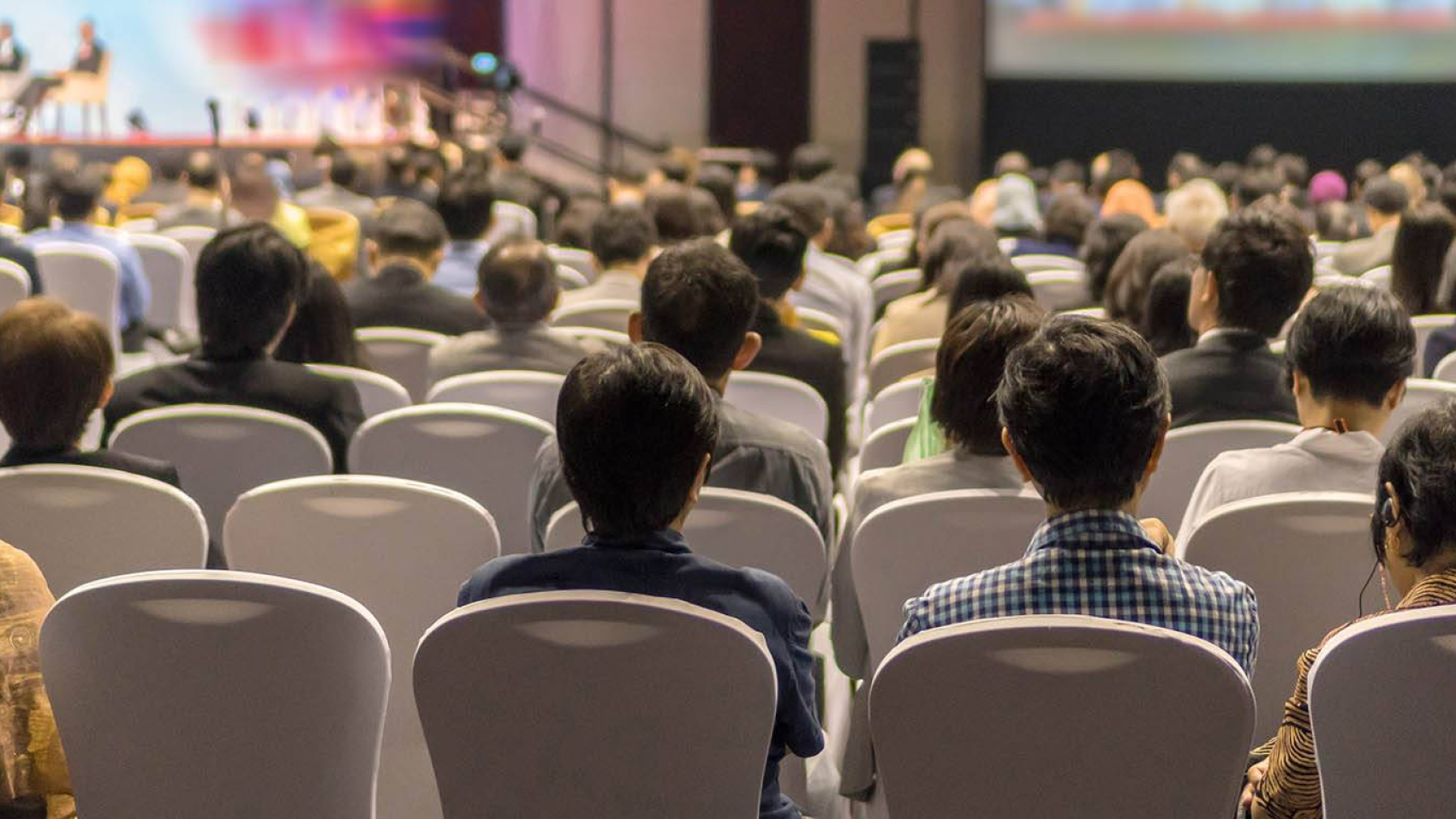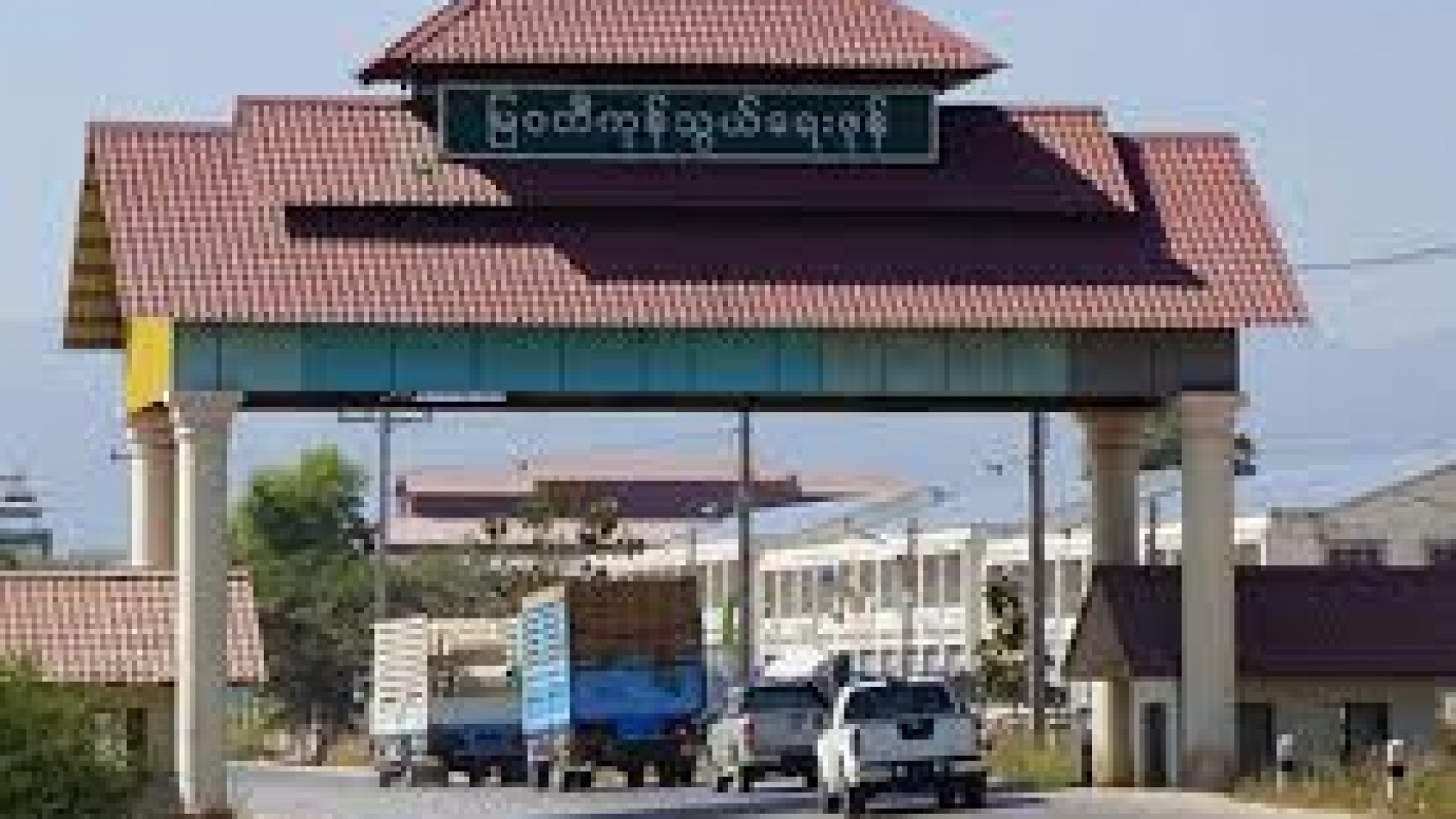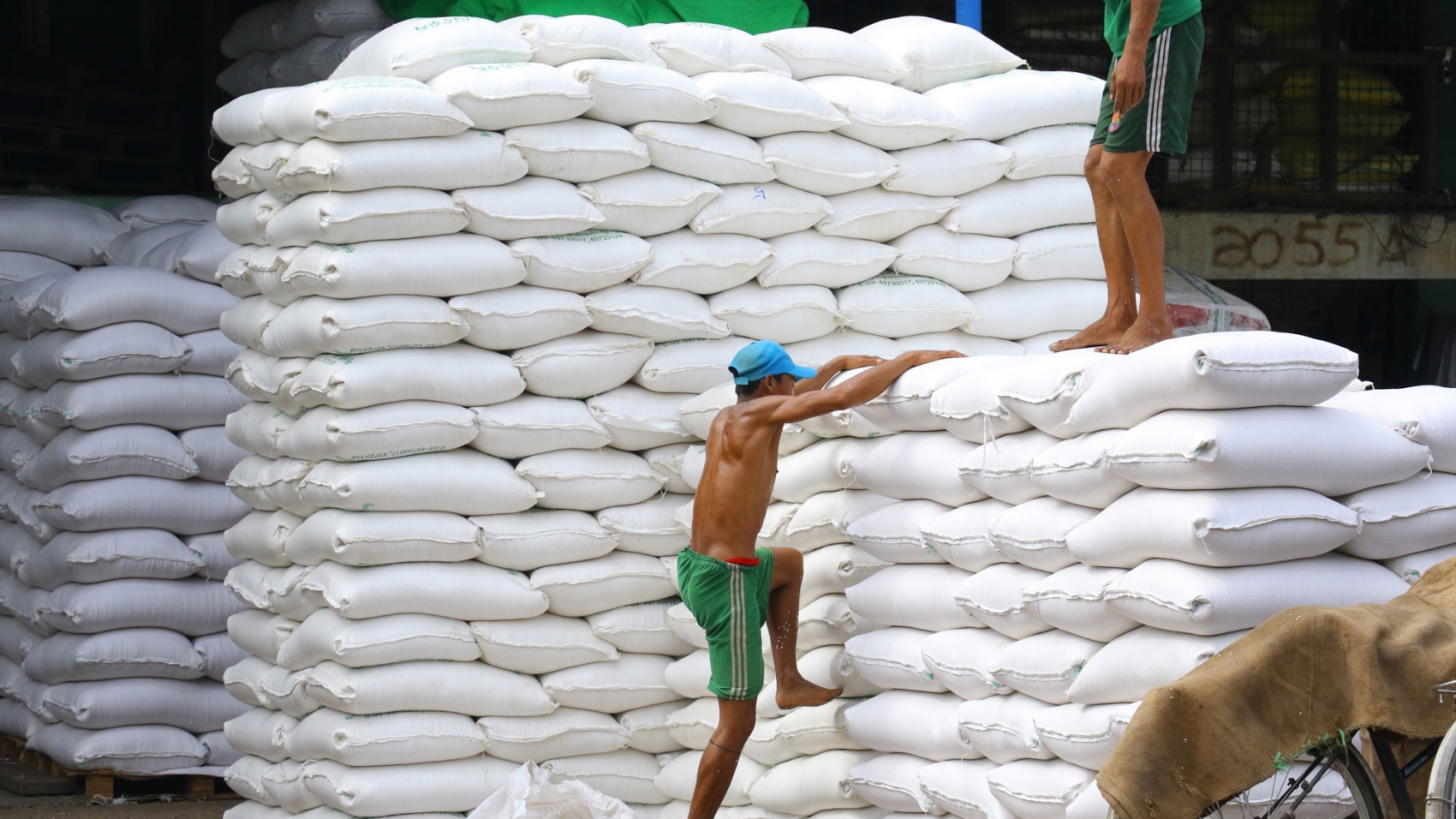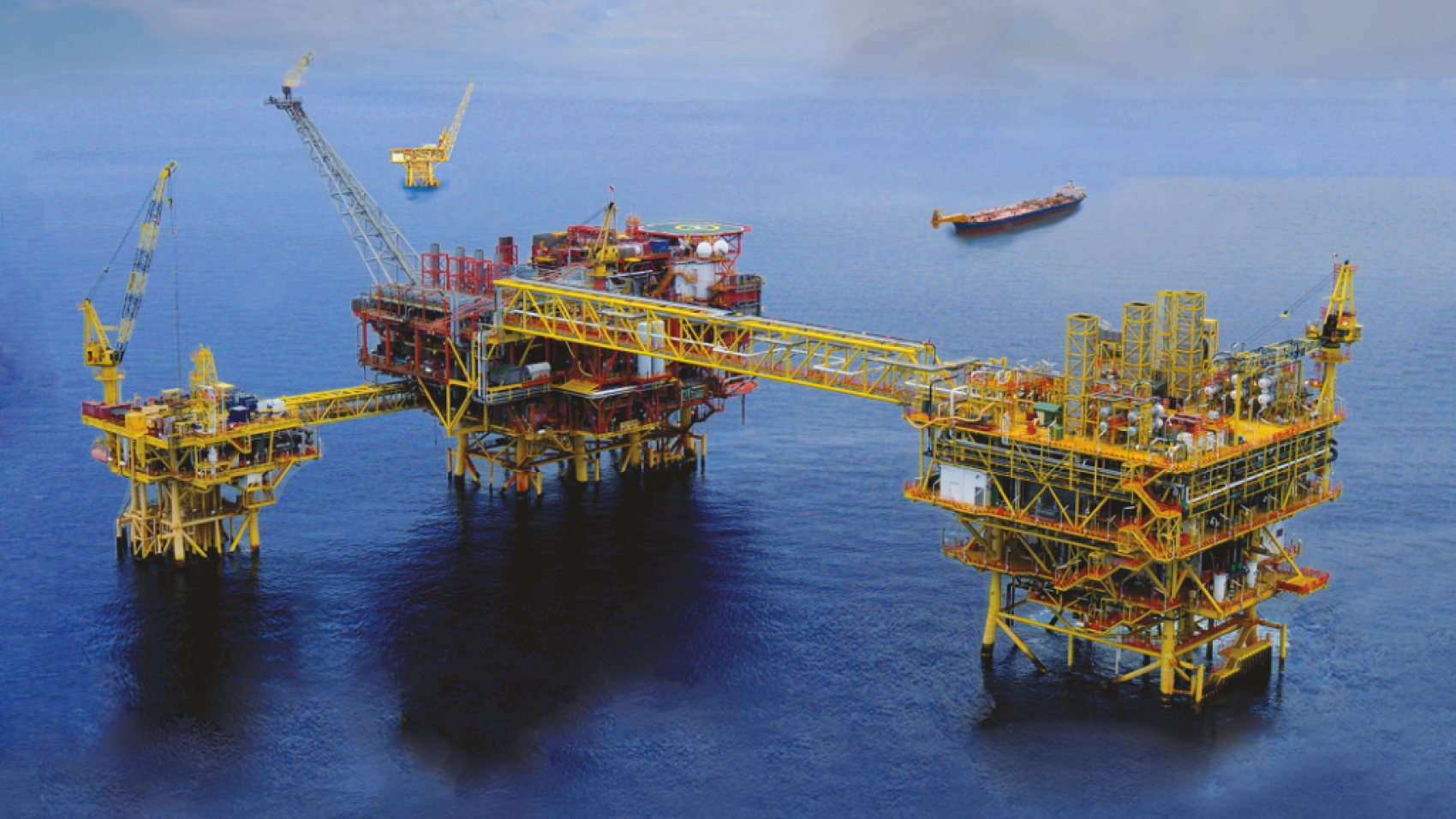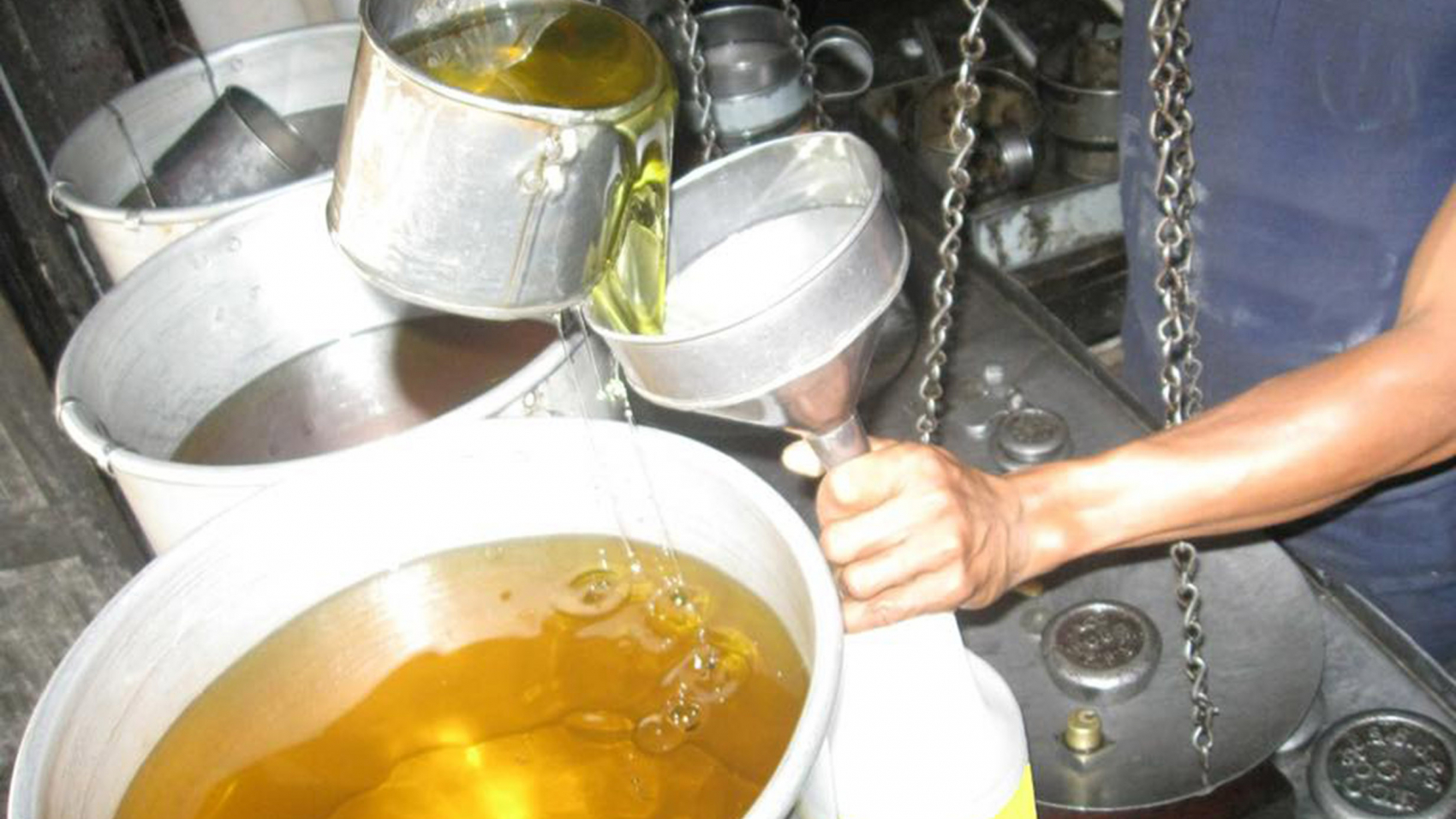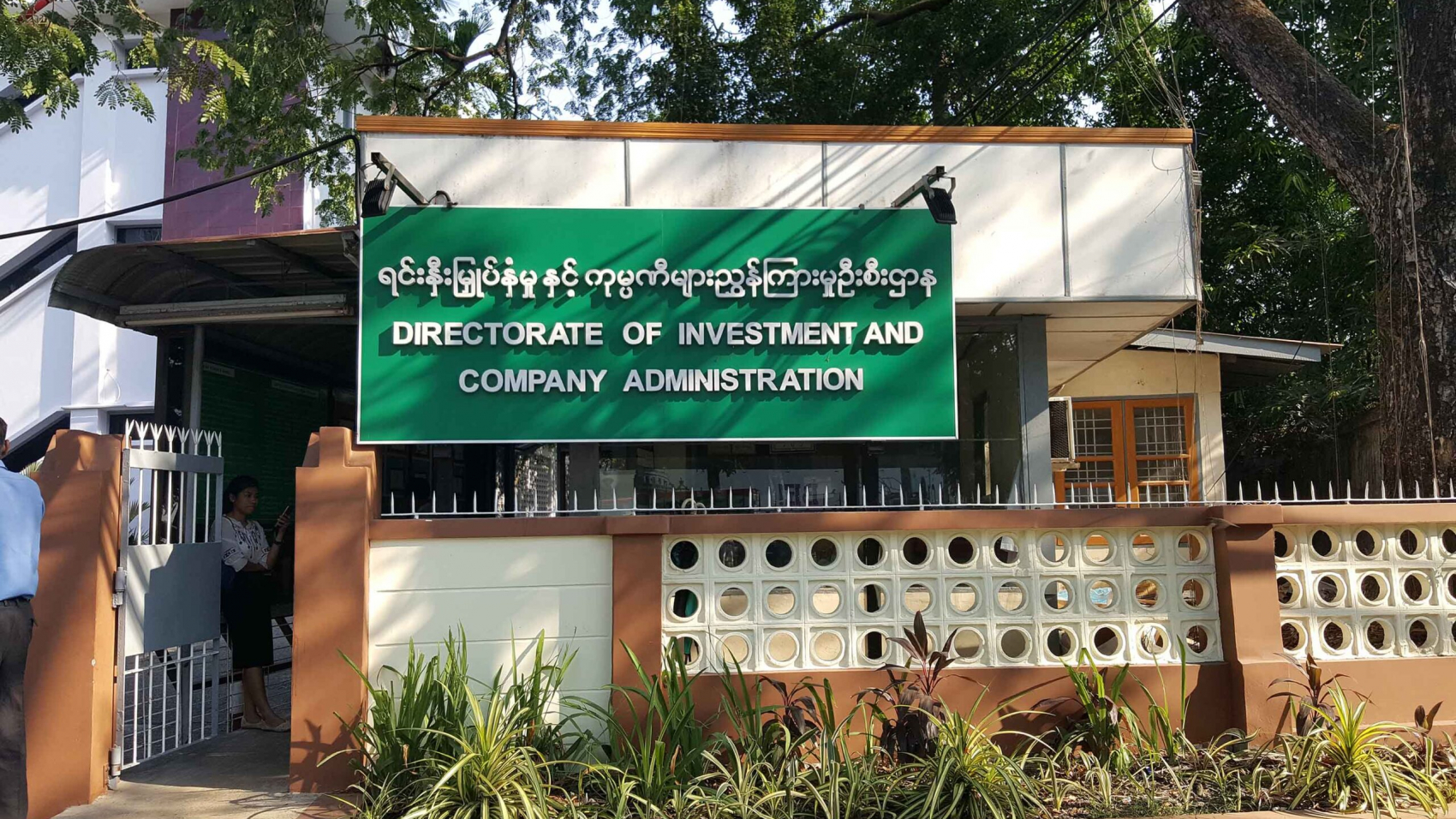The domestic fuel market sees a small change in prices yet it stays on an upward trajectory. This month, the market sees a price swing every day. On 17 February, the prices touched a high of K2,185 per litre of Octane 92, K2,260 for Octane 95, K2,240 for diesel and K2,320 for premium diesel. The domestic fuel prices are set depending on the price index set by Mean of Platts Singapore (MOPS), the pricing basis for many refined products in southeast Asia, according to the Supervisory Committee on Oil Import, Storage and Distribution of Fuel Oil.
Last August 2022, the oil prices peaked at K2,605 per litre for Octane 92, K2,670 for Octane 95, K3,330 for premium diesel and K3,245 for diesel. The committee is therefore governing the fuel oil storage and distribution sector effectively not to have a shortage of oil in the domestic market and to ensure price stability for energy consumers. The Petroleum Products Supervision and Inspection Department, under the guidance of the committee, is issuing the daily reference rate for oil to offer a reasonable price to energy consumers.
The reference rate in Yangon Region is set on the MOPS’s price assessment, shipping cost, premium insurance, tax, other general cost and health profit per cent. The rates for regions and states other than Yangon are evaluated after adding the transportation cost and the retail reference rates daily covered on the state-run newspapers and are posted on the media and official website and Facebook page of the department daily starting from 4 May. As per the statement, 90 per cent of fuel oil in Myanmar is imported, while the remaining 10 per cent is produced locally. The domestic fuel price is highly correlated with international prices.
The State is steering the market to mitigate the loss between the importers, sellers and energy consumers. Consequently, the government is trying to distribute the oil at a reasonable price compared to those of regional countries. Some countries levied higher tax rates and hiked oil prices than Myanmar. However, Malaysia’s oil sector receives government subsidies and the prices are about 60 per cent cheaper than that of Myanmar. Every country lays down different patterns of policy to fix the oil prices. Myanmar also poses only a lower tax rate on fuel oil and strives for energy consumers to buy the oil at a cheaper rate.
Source: The Global New Light of Myanmar

